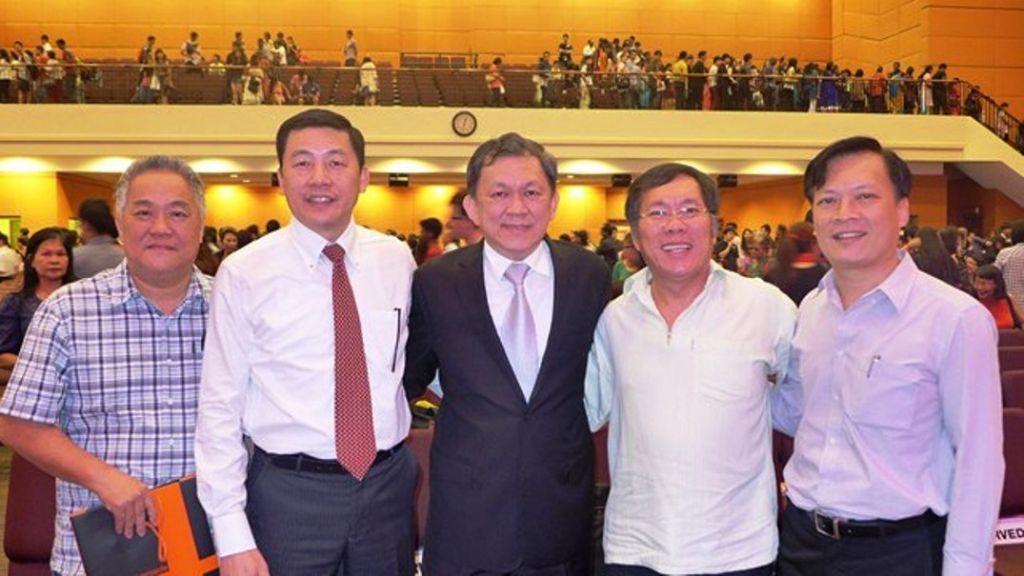
3 Sept 2014 by Adeline Lum CM-
Rev Dr Edmound Teo, Senior Pastor of International Christian Assembly (ICA), shared how his church became the largest international church in the world during his visit to Malaysia, as a speaker for the Metro Tabernacle 32nd Anniversary.
Born in Sabah, Rev Edmound knew that his calling had always been a missionary. After he completed Bible school, he became a missionary in Zambia, Zimbabwe, Kenya, and Philippines, before finally landing in Hong Kong.
While he thought he would only spend a few years in Hong Kong, he never knew he would stay there for 17 years with his wife and daughters who were educated in international schools based in Shanghai and United States.
The first time he stepped into his 500-square-feet apartment in Hong Kong, he was shocked with the limited space. And having brought up in a Malay-language speaking church, Pr Edmound knew limited Cantonese to converse in Hong Kong, having been mistaken frequently as a migrant from China. At that time, he also knew limited English to pastor the international church there.
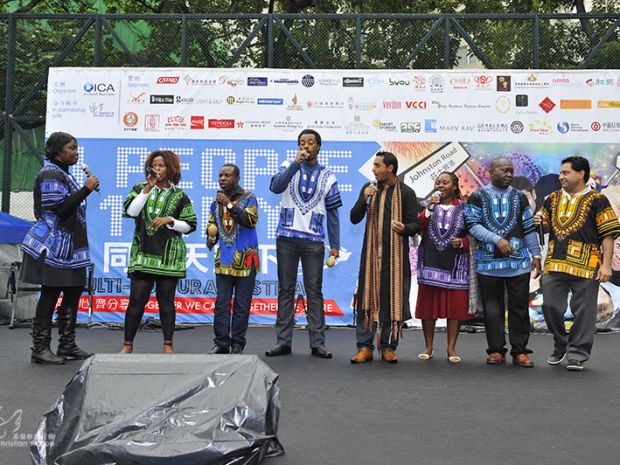
Today, Pr Edmound speaks English fluently as a Senior Pastor of ICA in year 2008. Since he took over, he reinvented the leadership wheel by growing ‘glocal’ leaders, meaning building leaders from their own church members. This is a different practice for most international churches in the world. Since ICA’s establishment in Hong Kong in year 1973—which is the first international church started by the Assemblies of God World Missions (AGWM) from United States—missionary pastors from foreign countries had always been sent to pastor international churches (for expatriates or foreigners in Hong Kong). But Pr Edmound thought about the long-term plan of growing ‘glocal’ leaders.
Since Pr Edmound took over, he did most of the ground work and called the church to fast and pray for 40 days each year. The ministries grew rapidly to 4500 people, with more than 50 ministries ad over 60 full-time staffs. They have eleven other language ministries including Filipino, Indonesian, Thai, Indian and Hindi, Sinhala and Tamil, Cantonese, Putonghua, Nepali, and Brazilian. Their church is also the only church in Hong Kong with Cantonese-speaking services with over 500 people, beyond the average of 200 people in the Chinese-speaking churches in Hong Kong. Each week, ICA offers around 35 worship services in seven locations in Hong Kong.
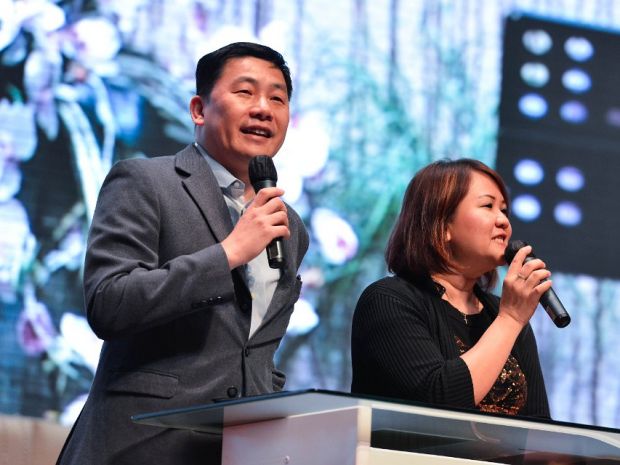
Having coined the name ICA, other countries under the AWGM leadership also used the same acronym in Bangkok, Surabaya, Moscow, Kiev, Japan, Cambodia, Vietnam, and in many other countries. But Hong Kong is an independent church currently, although they still keep their paternal relationship with the United States AOG.
To Pr Edmound, we live in a global world today where everything you do impacts the world through the Internet. Although we are all a new creation in Christ (2 Cor 5:17), in the ministry of reconciliation, we are all but one (1 Cor 12:27; Rom 12:5). Pr Edmound highlighted that the book of Acts especially gave us an example of people coming together without racism, elitism, classism, ageism, and sexism, because that is the definition of church. But today, we see a homogenous group in the church—people of the same color, same class, and same language. We are so homogenous that a different person would walk in feeling strange.

The world has changed so much but the church remains the same. To put it simply, the demographic of the church does not reflect our community and city because the church only speaks one language and one style. But Pr Edmound shared that the church should be the most diverse community of all, like the people you find eating in a restaurant or working in a multinational company. It’s a pity that the most segregated day in the world is on Sunday, which is on the church day.
Today, fewer people are migrating but immigrating. Hence, by the time we die, Pr Edmound shared that our children would probably have lived in more than one city in the world. The world is our home. That is why the church will have all kinds of people at the door. But are we ready to accept and willing to change to become more of a global church?
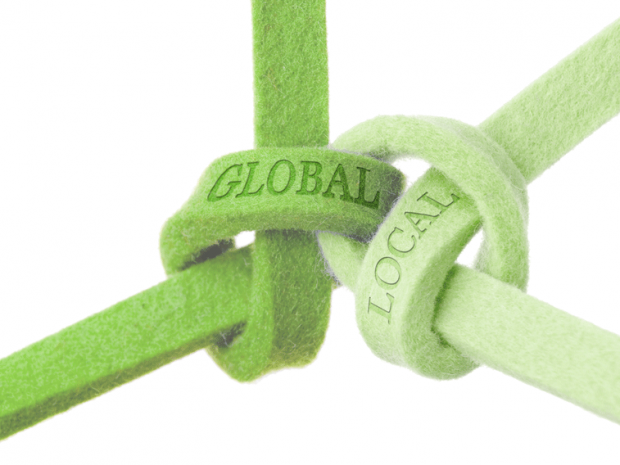
In the past, Pr Edmound shared building pastors to lead the urban churches is a challenge. But today’s challenge is pastoring a global or international church. Pr Edmound foresees a church in the future where we would have a multi-lingual service with equal emphasis, strength, and dynamic. No longer would the English-service be a predominant service, but other groups of people speaking other languages will have the same influence as well.
Challenging his church to be a salt and light in Hong Kong, Pr Edmound taught his members that it is acceptable of the church members to leave the city individually poorer because they are in the city to bless and not to plunder the land. They are placed in Hong Kong for a reason, with a mission mindset. And because of this mindset, ICA has one of the most aggressive feeding programs in Hong Kong, with 150 volunteers mobilized to feed over 800 people monthly living below the poverty line. They also held a massive-scale charity carnival, called 1 People 1 City, which celebrates the cultural diversity of Hong Kong. Representing the demographic of the city, the church also invited international consulates and the Hong Kong government to be part of the event.
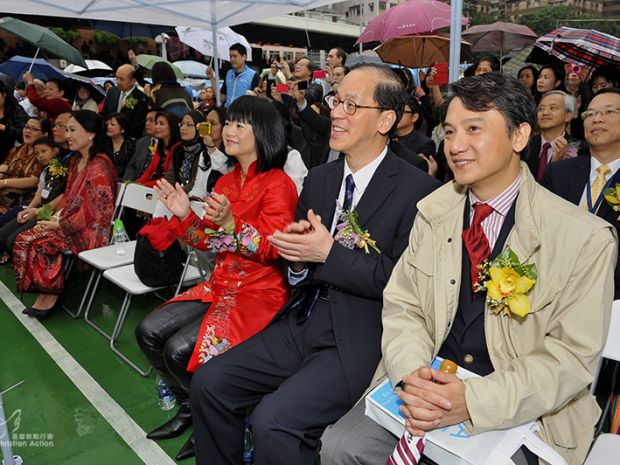
Malaysia has also welcomed people of many nations to our doorstep due to globalization. But are we ready to pastor them in our soil? If yes, are we ready to grow ‘glocal’ leaders from the people of the church, instead of our own people? These are the pertinent questions to ask ourselves to be an effective church.
| Share the Good News |


Leave a Reply